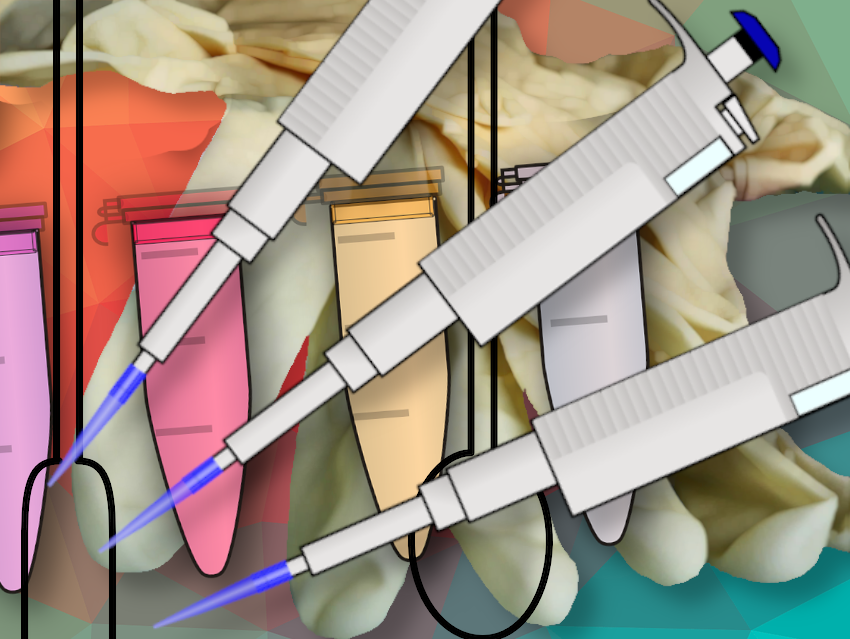Research laboratories produce an estimated 5.5 million tons of plastic waste annually. Plastics are considered irreplaceable in many laboratories, and a researcher who performs experimental work generates about 15 times more plastic waste than the average person. Purnesh Chattopadhyay, Stella Bodiguel, and Juliane Simmchen, TU Dresden, Germany, encourage researchers to question where they can save on plastic in the lab and provide exemplary observations from their everyday laboratory life. In short, the 4R principle (Reduce, Reuse, Recycle, Rethink) should be considered to reduce plastic.
Reduce: Opt for small storage containers and the smallest pipette tips for experiments. Choose sustainable products and packaging alternatives, buy in bulk to reduce packaging, and prefer glass, ceramic, or metal items whenever possible. For example, use a metal spatula instead of one out of plastic or a Pasteur pipette out of glass instead of plastic.
Reuse: Use items multiple times during an experiment, such as pipetting water and then buffer solution with the same pipette when diluting buffer solutions. Single-use plastic items can often be used more than once. To reduce pipette usage, the team, for example, attaches a Pasteur pipette to the side of each solvent bottle. There is a certain risk of contamination, but this can be minimized by working mindfully.
Recycle: Collect recyclable plastics like high-density polyethylene (HDPE) or PET separately from non-recyclable ones like polycarbonate. Clean contaminated plastic before disposal. Dispose of packaging in recycling bins, not in laboratory waste. Stay informed about recycling and take-back programs.
Rethink: Prioritize sustainable alternatives and options, and treat the environment with respect. Exchange ideas with other research groups. As long as virgin plastic is more cost-effective than recycled alternatives, we must actively and consciously strive to handle plastic items responsibly in the laboratory, the team recommends.
- Wo sich Einwegplastik vermeiden lässt,
Purnesh Chattopadhyay, Stella Bodiguel, Juliane Simmchen
Nachr. Chem. 2023.
https://doi.org/10.1002/nadc.20234137780




![Synthesis of [c2]Daisy Chains via Mechanochemistry](https://www.chemistryviews.org/wp-content/uploads/2025/04/202504_RotaxanesWithSolidStateMechanochemistry-125x94.png)